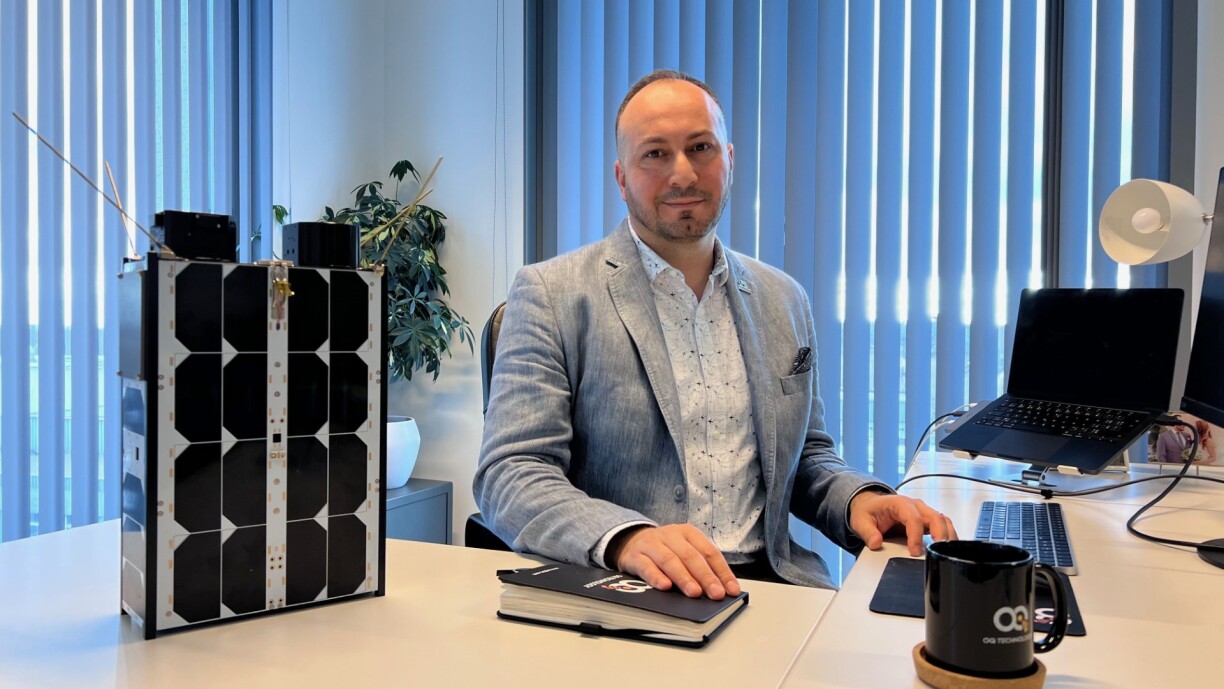
The test, conducted in Luxembourg, showcased a new level of technological autonomy in crisis scenarios where conventional networks might fail due to natural disasters, cyberattacks, or industrial accidents such as a potential nuclear incident at Cattenom.
Company founder and CEO Omar Qaise described the development as a turning point for European sovereign connectivity. He stressed that the test demonstrated how emergency alerts could reach citizens at any time, even without terrestrial infrastructure.
OQ Technology currently operates a fleet of ten Low Earth Orbit (LEO) satellites. With this demonstration, the firm positions itself as Europe’s answer to major US players like Starlink, which have also begun exploring direct-to-smartphone services.
During the test in Luxembourg, the system worked on both Android and iPhone devices using regular OQ SIM cards, regardless of GSM or 5G network availability. Qaise explained that in critical situations where ground networks are down, satellites often remain the only viable option, offering a secure and independent backup.
What makes the achievement particularly unique is OQ’s use of standardised 3GPP technology, which allows the satellites to plug directly into existing global mobile ecosystems. As Qaise pointed out, this means the service can support billions of users worldwide without hardware modification. While traditional satellite operators would need to install special modems in every car or device, OQ’s solution bypasses that entirely, he said.
This scalability makes the system ideal not only for remote areas, but also as a security enhancement in urban centres. The company is already planning to expand services beyond the EU, with Australia identified as a target for connecting sparsely populated “white zones” where telecom infrastructure is limited.
Founded in Luxembourg in 2016, OQ Technology currently employs 47 people at its Leudelange office. The company has received national backing through government programmes and spectrum authorisations, and recently became the first firm in Europe to secure official permission to provide direct-to-device and 5G IoT satellite services.
According to Qaise, other EU countries have also shown interest, with licensing discussions in some states already nearing completion.
Looking ahead, OQ plans to launch its first fully operational emergency broadcast services in 2026 in collaboration with the Luxembourg government. Future updates will allow not just SMS alerts but also text and voice communication between smartphones via satellite. Qaise’s vision is for anyone with a standard smartphone to be able to make calls even if ground networks fail.
With a proprietary LEO network, access to European spectrum, and strong industrial support, OQ aims to lead Europe’s satellite telecommunications sector. As Qaise put it, Luxembourg holds a strategic position in this ecosystem, and the company intends to become the continent’s flagship provider for 5G satellite connectivity.